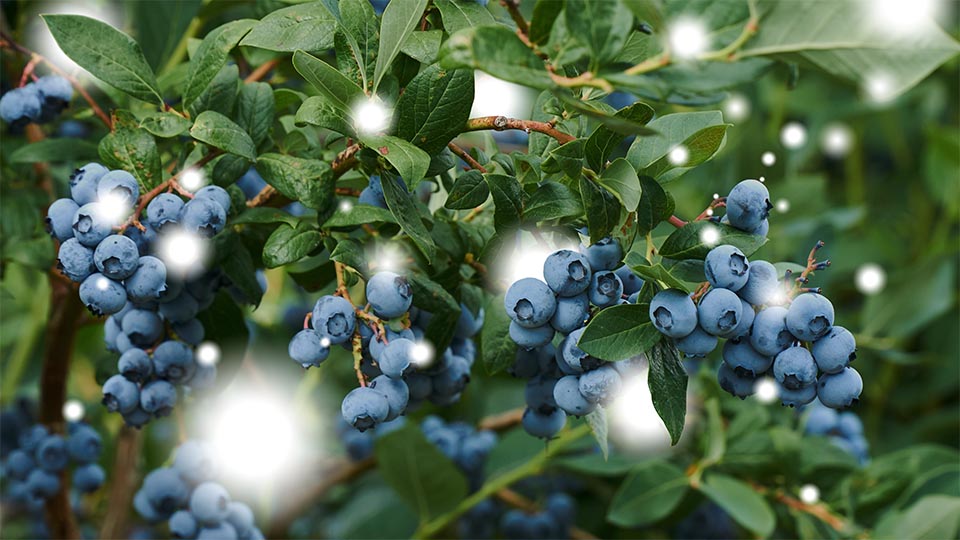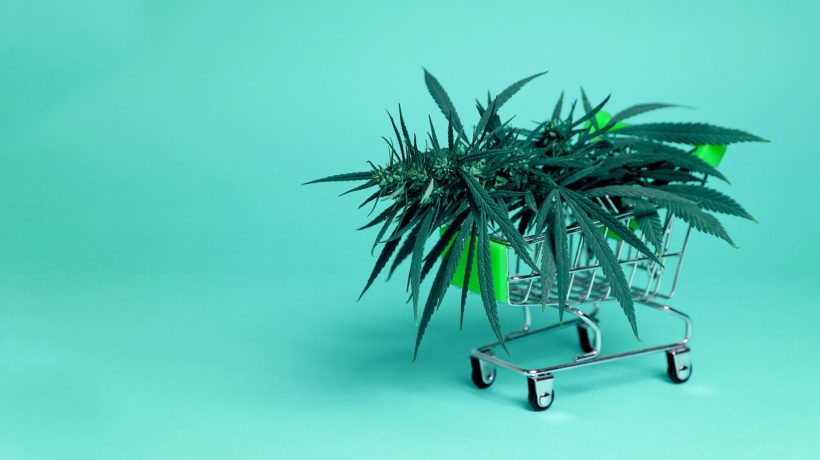We know that cannabinoid type, cannabinoid potency, and its indica-or-sativa classification can help determine your high, but terpenes also play a major role in what your cannabis experience will be like. As growers get more creative with their strains in hopes of putting something unique out onto the market, the more hybridization continues to blur the line between indica and sativa. Certain brands have even gone so far as to do away with the aging indica-sativa classification method and advertise terpene content instead.
Terpenes are aromatic compounds produced by plants and fruit, which give them their distinctive color and aroma. They are what make blueberries blue, make oranges smell citrusy, and why cannabis plants come in different colors and scents. How terpenes affect your high is similar to how aromatherapy elicits certain effects.

Aside from sativa or indica classifications, terpenes produce their own effects that determine whether your high will be invigorating or sedating.
Certain strains can contain a number of terpenes with contradictory effects. Limonene and Myrcene both give off citrusy notes in both scent and flavor. However, Limonene is known to elevate moods while the warm flavors of Myrcene have a “sedating” effect on its consumers. People react to the mix of terpenes differently, experiencing a sedative effect while others feel uplifted.
Terpenes can also be the reason why you feel like the “expected effects” of an indica or sativa strain actually elicit the opposite effect in you.
You may find yourself feeling energized and uplifted by a blueberry strain, which is an indica. The type of cannabis plant could contradict the terpene profile and its expected effects, causing a range of experiences. But what you are reacting to is the blueberry aroma, which is known to uplift you because of the aromatherapeutic benefits of sweet, berry scents. Why did you react to the terpene profile and your friend reacted to the type of cannabis plant? Terpene sensitivity might have played a role.
Of course, it is not as clear as simply, “Limonene makes you happy” and “Myrcene makes you lethargic.” The truth is terpenes affect people differently and it is still unclear as to why. It could be as simple as aromas produced by terpenes elicit different reactions in people because they play on the most emotional of the senses: scent. Scent is so closely linked with memory, the reaction you get from a terpene could be because it reminds you of making berry pie with your grandma every Sunday morning.

Of course, exactly how terpenes affect you is still being debated, with new findings and research coming out frequently. This is just the beginning of understanding how the chemical compounds secreted by cannabis flowers (cannabinoids) interact with one another and how that interaction affects the individual. Rest assured, we’ll keep you updated with any new information.



